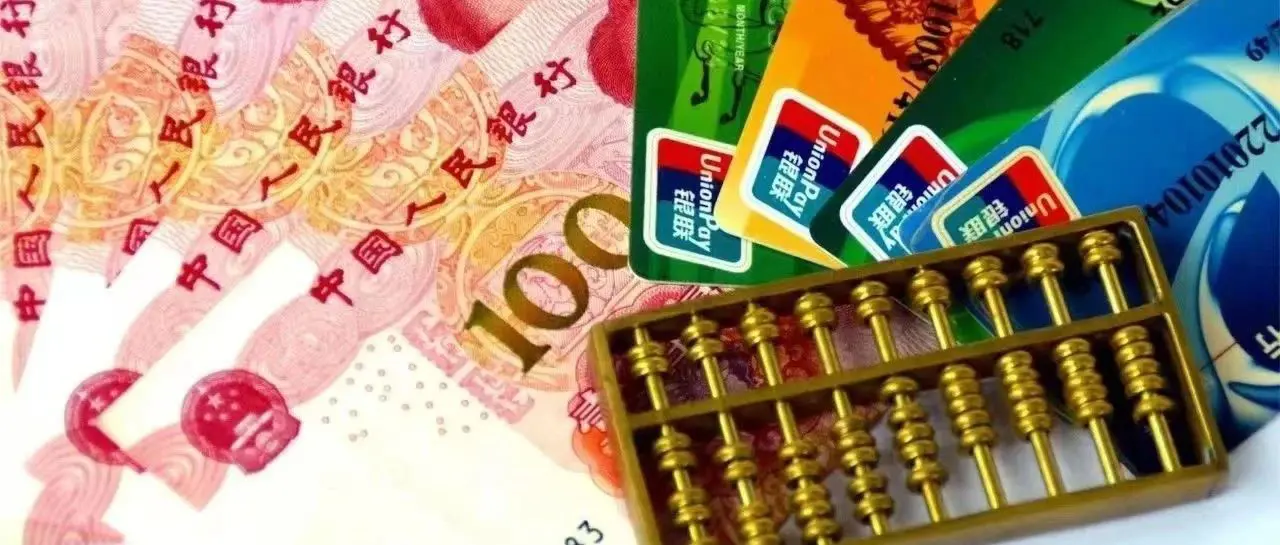US Election Results Rattle Global Economy! RMB May Face Pressure

In the early hours of the local time, former President Trump, the Republican presidential candidate, delivered a speech at the Palm Beach Convention Center in Florida, announcing his victory in the presidential election. Despite the results not yet being officially released, financial markets had already experienced significant volatility due to Trump's lead.
On the afternoon of the local time, the US dollar index extended its gains to .%, hitting a one-year high; the offshore RMB against the US dollar broke through the . mark, falling more than points intraday; the onshore RMB against the US dollar fell more than points intraday, breaking through the . mark.
Zhao Ling, Senior Investment Advisor at Jufeng Investment Consulting, told International Business Daily that the US presidential election has a significant impact on the global market. With Trump's election as the new president, there may be some changes in the policies currently held by the Democratic Party, especially in trade and monetary policies, such as imposing tariffs on other countries and possibly slowing down interest rate cuts or even considering rate hikes. As the US dollar is the world's major reserve currency, its value fluctuations have a wide-ranging impact on the RMB exchange rate. Therefore, a sharp rise in the US dollar index in the short term has led to a rapid depreciation of the RMB exchange rate.
However, Wen Bin, Chief Economist at China Minsheng Bank, introduced that during Trump's presidency, the dollar's appreciation was limited, with only a cumulative increase of .% in the first three phases. As for the RMB exchange rate, whether against the basket of currencies (referred to as China Foreign Exchange Trade System) or against the dollar, it experienced limited depreciation during the first three years of Trump's presidency, with depreciation rates of .% and .%, respectively.
Wen Bin believes that Trump and his team have a contradictory attitude towards the US dollar itself. The long-term and short-term impacts of Trump's presidency on the US dollar may differ, with the dollar index potentially supported in the short term but under pressure in the long term. Within a rate-cutting cycle, the general direction of the dollar index is likely to remain weak and volatile in the future. However, if Trump ultimately takes office, the dollar index may receive some short-term support.
Additionally, UBS stated that a Trump victory would put pressure on the RMB. However, regardless of who wins, from a fundamental perspective, the high valuation of the dollar, the narrowing interest rate advantage relative to other currencies, and the significant fiscal and current account deficits in the United States will all exert pressure on the dollar.
Looking ahead, Zhao Ling believes that the short-term fluctuations in the US dollar index are significant, and the short-term trend of the US dollar index is crucial for the RMB exchange rate. The US election will have important implications for both the domestic US economy and the global economy. In the medium to long term, the RMB exchange rate is expected to remain basically stable at a reasonable and balanced level, with a normal state of two-way fluctuations.
Wen Bin stated that, based on the impact of Trump's past policies, the outlook for the RMB exchange rate remains bearish. In the short term, under the combined influence of interest rate cut trades and seasonal exchange settlement demand, the pressure on RMB depreciation will significantly ease at least by the end of this year and the beginning of next year. Following Trump's inauguration, it is likely to cause significant fluctuations in the RMB again.
However, although the US election has had a significant impact on the RMB exchange rate, the foundation for the stability of the RMB exchange rate remains solid. On one hand, a series of incremental financial and fiscal policies have been introduced and gradually taken effect domestically, improving market expectations and further solidifying the foundation for the stability of the RMB exchange rate. On the other hand, regulatory authorities such as the People's Bank of China have also strengthened expectations management to prevent the formation of one-sided consensus expectations in the foreign exchange market that could self-fulfill, thereby guarding against excessive exchange rate adjustments. Therefore, although the RMB exchange rate may be temporarily disturbed by the election results in the short term, in the long run, the RMB exchange rate will remain basically stable at a reasonable and balanced level.

